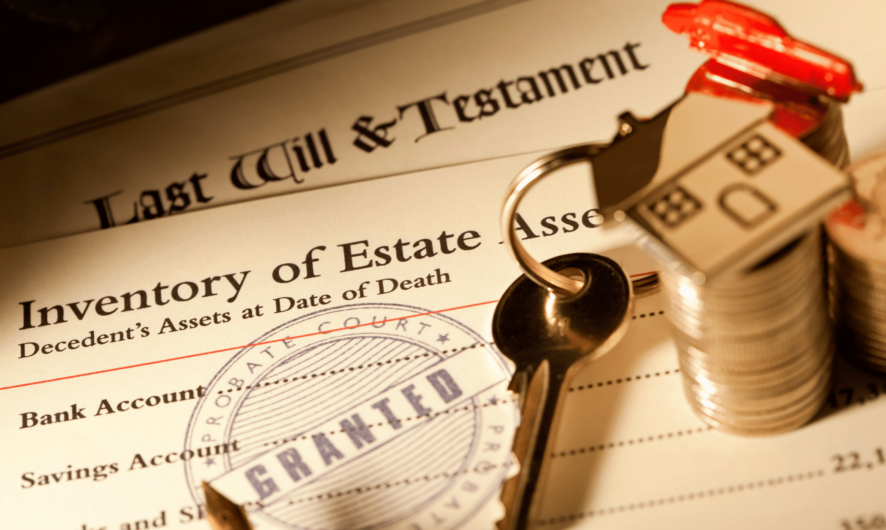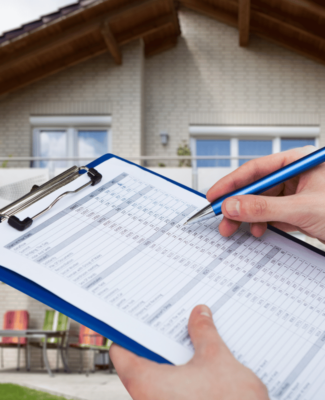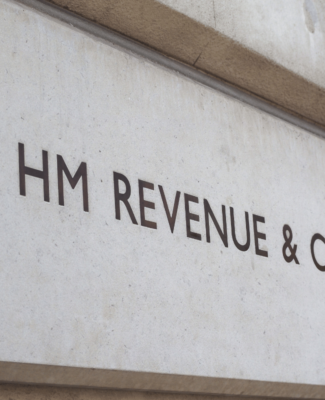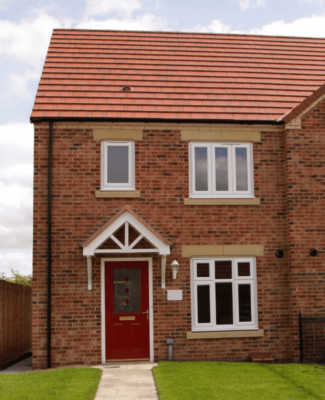HMRC could (and have done in the past) try to increase the Inheritance Tax owed should the house be sold for more than the probate value, usually when the sale is made soon after the Grant of Probate has been awarded.
This has been a bone of contention for many who have gone through the probate process and the guidance isn’t exactly clear cut. Although increases of this nature are challengeable by way of negotiations with the District Valuer, it can be both time-consuming and distressing at a point when you least need further aggravation.
Capital Gains can also become an issue if the administration process is prolonged and the final sale price is higher than the probate value. In short, if the property is sold for more than the initial valuation, you could be liable for Capital Gains Tax as well.
On the other hand, if the property sells for less than its probate valuation, you could be entitled to a refund in inheritance tax if you have overpaid. It’s important to keep accurate records of the sale price and consult with our experts to manage any potential tax implications effectively.
















